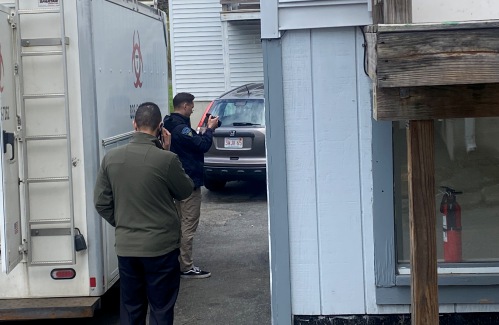
Authorities ID victim in Greenfield slaying
GREENFIELD — The Northwestern District Attorney’s Office has identified Christopher Hairston, 35, last known to reside in Pittsfield, as the victim found dismembered in a barrel in a Chapman Street apartment on Monday evening.Suspect Taaniel...

State records show Northfield EMS chief’s paramedic license suspended over failure to transport infant
State regulators suspended Northfield EMS Chief and Orange EMS Capt. Mark Fortier’s paramedic license over his alleged failure to properly assess a 2-week-old infant during a house call and for refusing the child transportation in an ambulance,...
Most Read
 Police report details grisly crime scene in Greenfield
Police report details grisly crime scene in Greenfield
 On The Ridge with Joe Judd: What time should you turkey hunt?
On The Ridge with Joe Judd: What time should you turkey hunt?
 New buyer of Bernardston’s Windmill Motel looks to resell it, attorney says
New buyer of Bernardston’s Windmill Motel looks to resell it, attorney says
 Greenfield man arrested in New York on murder charge
Greenfield man arrested in New York on murder charge
 Man allegedly steals $100K worth of items from Northampton, South Deerfield businesses
Man allegedly steals $100K worth of items from Northampton, South Deerfield businesses
 Joannah Whitney of Greenfield wins 33rd annual Poet’s Seat Poetry Contest
Joannah Whitney of Greenfield wins 33rd annual Poet’s Seat Poetry Contest
Editors Picks
 Self-expression on display: ServiceNet members’ artworks on view at Greenfield Public Library through end of May
Self-expression on display: ServiceNet members’ artworks on view at Greenfield Public Library through end of May
 PHOTOS: Literary insight
PHOTOS: Literary insight
 Dog of the Week: Carson
Dog of the Week: Carson
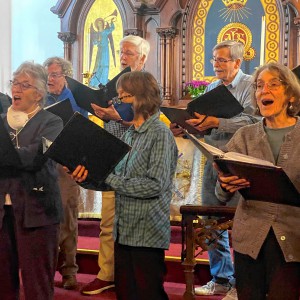 Embracing both new and old: Da Camera Singers celebrates 50 years in the best way they know how
Embracing both new and old: Da Camera Singers celebrates 50 years in the best way they know how
Sports

Keeping Score with Chip Ainsworth: Minutemen ready for their spring formal
Good morning!Over 150 gridiron alumni will be at Saturday’s UMass football spring game. Recruited to UMass when they were schoolboys, they’re returning to help coach Don Brown give his players a glimpse of the program’s legacy.Longtime Minutemen...
 Track & field: Greenfield, Mohawk Trail split dual meet
Track & field: Greenfield, Mohawk Trail split dual meet
Opinion

My Turn: Dear Patients — We hear you!
As a family practitioner and the medical director of Valley Medical Group, I care deeply about my patients and our community. During my 20 years of practicing full-spectrum primary care in Franklin County, I have come to value the relationships I...
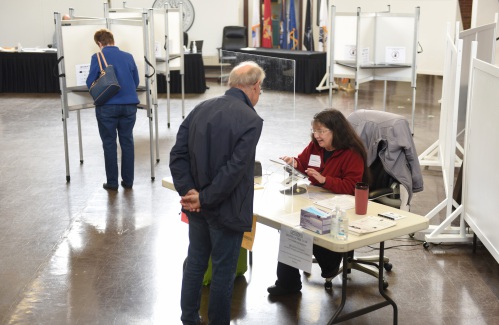 Annette Pfannebecker: Vote yes for Shores Ness and for Deerfield
Annette Pfannebecker: Vote yes for Shores Ness and for Deerfield
 Ava Gips: Carolyn Shores Ness gets things done
Ava Gips: Carolyn Shores Ness gets things done
 Guest columnist Jonathan Kahane: Clapping back at no-good scammers
Guest columnist Jonathan Kahane: Clapping back at no-good scammers
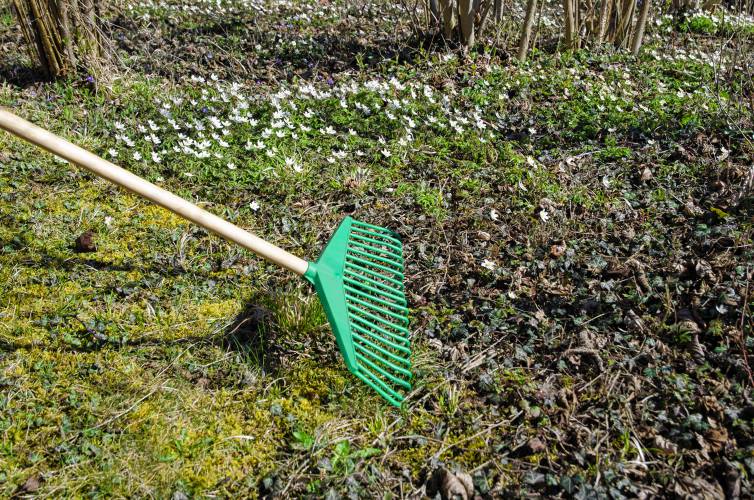 Brenda Davies: Makes some healthy changes for our planet
Brenda Davies: Makes some healthy changes for our planet

Business

Goddard finds ‘best location’ in Shelburne Falls with new Watermark Gallery space
SHELBURNE FALLS — The 20 Bridge St. space that formerly housed Molly Cantor’s pottery now displays Watermark Gallery’s eclectic collection of modern art pieces.Local artist Laurie Goddard opened Watermark Gallery last month as her seventh location in...
 New buyer of Bernardston’s Windmill Motel looks to resell it, attorney says
New buyer of Bernardston’s Windmill Motel looks to resell it, attorney says
 New owners look to build on Thomas Memorial Golf & Country Club’s strengths
New owners look to build on Thomas Memorial Golf & Country Club’s strengths
 Cleary Jewelers plans to retain shop at former Wilson’s building until 2029
Cleary Jewelers plans to retain shop at former Wilson’s building until 2029
Arts & Life
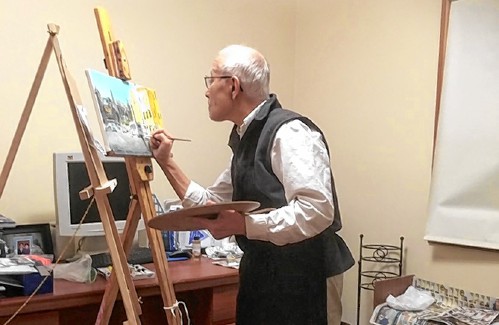
Proof that it’s never too late: Solo exhibit and free workshops honor the late Frederick Gao, a Belchertown resident who became a painter in his last five years
For the months of May and June, the Sunderland Public Library’s Lane Family Reading Room Gallery will turn into a fount of inspiration, as the library honors the work of a late-blooming artist.Through “Awing & Honoring Frederick Gao,” the library will...
Obituaries
 Dorothy Masterson Bennett
Dorothy Masterson Bennett
Conway, MA - Dorothy Masterson, the daughter of John Cochran Masterson and Dorothy Goodwin Masterson, was born January 15, 1932 in the Mary Alley Hospital on Franklin Street, Marblehead. She died April 20, 2024, age 92 years, in her bed... remainder of obit for Dorothy Masterson Bennett
 Audrey McKemmie
Audrey McKemmie
Greenfield, MA - Audrey A. McKemmie of Greenfield and formerly of Amherst passed away on April 23, 2024, after a period of declining health. Born in Greenfield, December 12, 1930, she was the only child of John and Susie (Hayden) Kolink... remainder of obit for Audrey McKemmie
 Reita G. Wheeler
Reita G. Wheeler
Colrain, MA - Reita G. (Sell) Wheeler, 77, of East Colrain Rd., passed away on Wednesday, April 24, 2024 at Baystate Franklin Medical Center in Greenfield. Reita was born in Westfield, MA on November 25, 1946 the daughter of Gustave... remainder of obit for Reita G. Wheeler
 Constance Julia Dargis
Constance Julia Dargis
Constance Julia (LaMountain) Dargis Montague Center, MA - Constance "Connie" Julia Dargis, 98, formerly of Turners Falls MA, suffered an unexpected illness on November 13th and passed away peacefully on November 16, 2023 at the home of her ... remainder of obit for Constance Julia Dargis

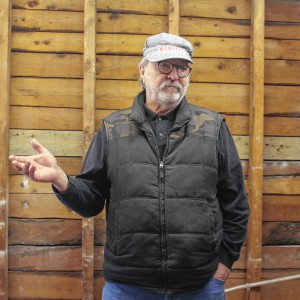 McGovern, Gobi visit development sites in Greenfield, Wendell
McGovern, Gobi visit development sites in Greenfield, Wendell
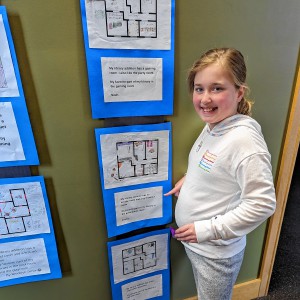 Turners Falls third graders share vision for new or expanded library
Turners Falls third graders share vision for new or expanded library
 The World Keeps Turning: Quantifying happiness — How we measure up
The World Keeps Turning: Quantifying happiness — How we measure up
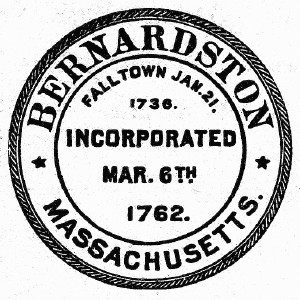 Vehicle replacements, petition on tax rate on tap for Bernardston Town Meeting
Vehicle replacements, petition on tax rate on tap for Bernardston Town Meeting
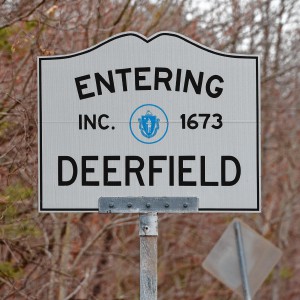 Personnel bylaw, tax bill change on Deerfield Town Meeting warrant
Personnel bylaw, tax bill change on Deerfield Town Meeting warrant
 What are the protocols for emergency transport of infants?
What are the protocols for emergency transport of infants?
 Hawley selling military dump truck
Hawley selling military dump truck
 Beacon Hill Roll Call: April 15 to April 19, 2024
Beacon Hill Roll Call: April 15 to April 19, 2024
 Montague Cemetery Commission dedicating town’s first green burial site
Montague Cemetery Commission dedicating town’s first green burial site
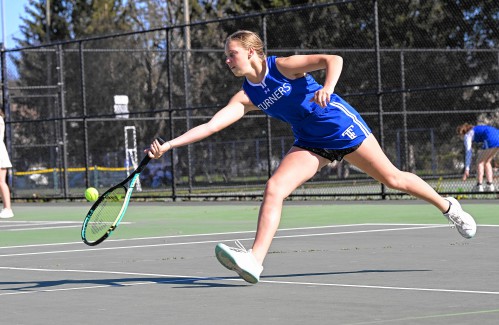 High schools: Amy Mihailicenco, Greenfield girls tennis edge Turners Falls (PHOTOS)
High schools: Amy Mihailicenco, Greenfield girls tennis edge Turners Falls (PHOTOS)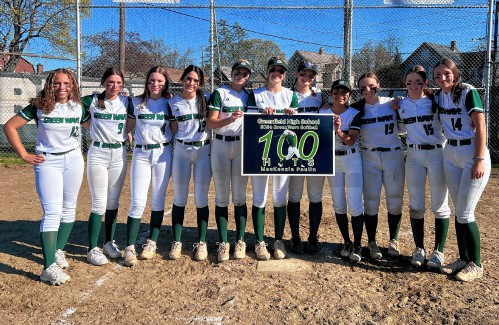 Softball: Turners edges Tech, Greenfield’s Paulin notches 100th hit, Mahar win first game since 2019
Softball: Turners edges Tech, Greenfield’s Paulin notches 100th hit, Mahar win first game since 2019 Country Club of Greenfield holding Youth Golf Camp June 24-27
Country Club of Greenfield holding Youth Golf Camp June 24-27 New Realtor Association CEO looks to work collaboratively to maximize housing options
New Realtor Association CEO looks to work collaboratively to maximize housing options Time to celebrate kids and books: Mass Kids Lit Fest offers a wealth of programs in Valley during Children’s Book Week
Time to celebrate kids and books: Mass Kids Lit Fest offers a wealth of programs in Valley during Children’s Book Week Sounds Local: A rock circus returns to Turners Falls: The Slambovian Circus of Dreams brings the fun Friday night at the Shea
Sounds Local: A rock circus returns to Turners Falls: The Slambovian Circus of Dreams brings the fun Friday night at the Shea Rescuing food and feeding people: Rachel’s Table programs continue to expand throughout western Mass
Rescuing food and feeding people: Rachel’s Table programs continue to expand throughout western Mass A day to commune with nature: Western Mass Herbal Symposium will be held May 11 in Montague
A day to commune with nature: Western Mass Herbal Symposium will be held May 11 in Montague
